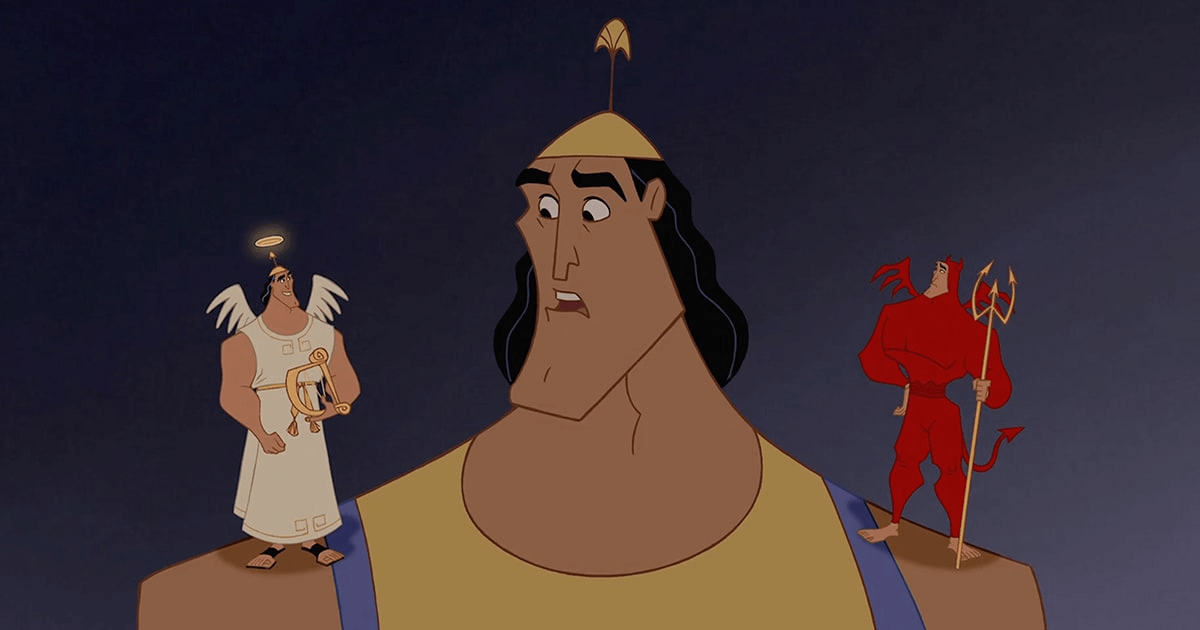Freud used this technique an attempt to discover the hidden conflicts underlying his patients' symptoms
Free Association
This person was Jung's mentor
Sigmund Freud
According to Freud, a boy’s sexual desires toward his mother and feelings of jealousy and hatred for the rival father is called
Oedipus Complex
Just like a little devil on our shoulder, this part of our personality operates on immediate gratification. It wants to fulfill our urges as soon as it senses them.
Id
This type of test asks individuals to look at different ink blots and tell the psychologist what they see
The Rorschach Ink Blot Test
This theorist created a pyramid that made up a "hierarchy of needs."
Abraham Maslow
When confronted by stressful events, people sometimes abandon coping strategies and revert to patterns of behavior used earlier in development using this
Regression
According to Freud, these were the “royal road to the unconscious.”
Dreams
According to Jung, what we deny in ourselves or suppress is called
The Shadow
Being stuck in a stage carries the sexual energy from that stage into adulthood is called
Fixation
The id operates on this principle
This personality test consists of 30 cards depicting ambiguous scenes that individuals create stories about. It is believed that inner feelings and interests can be drawn out through such tests.
Thematic Apperception Test or TAT Test
This theorist took a feminist perspective to psychoanalytic theory, attacking the male bias in Freud’s work
(We're jealous of your position in society, not your parts)
Karen Horney
The defense mechanism in which self-justifying explanations replace the real, unconscious reasons for actions is
Rationalization
Freud is often considered "the father" of this
Psychoanalysis
Carl Jung referred to a shared reservoir of memory traces from our species history as the
Collective Consciousness
An outcome in adulthood of fixation at this stage can lead to overeating, smoking, over-dependence or sarcasm
Oral
According to Freud, the part of personality that represents our sense of right and wrong and our ideal standards is the
Superego
This researcher focused on conscious motivation and personal traits saying there were three levels: cardinal, central, and secondary
Gordon Allport
This neo-Freudian theorist emphasized that personality development is strongly influenced by feelings of inferiority, he also believed personality relied a great deal upon birth order
Alfred Adler
Using this defense mechanism, individuals hide their true feelings by behaving in the exact opposite manner
(a parent who resents their spoiled child gives them tons of gifts)
Reaction-formation
“People are like icebergs, only a small bit of our personalities are shown." According to Freud, a reservoir of mostly unacceptable thoughts, wishes, feelings, and memories is found in the
Unconscious
These are the four parts of the unconscious according to Jung
Persona, Anima/Animus, Shadow, Self
During this stage, sexual desires are repressed into the unconscious and there is instead a focus on intellectual and social development
Latency
According to Freud, the middle ground between the id and the superego is the ego. The ego operates on this principle.

Reality Principle
This approach to personality is focused on differences between individuals, focused on identifying and measuring individual personality characteristics
Trait/Type Theory
Both Karen Horney and Alfred Adler placed greater emphasis than did Freud on the role of this in personality development
Social Interactions
This defense mechanism involves taking our own unacceptable qualities or feelings and ascribing them to other people
Projection
When we say the wrong thing out loud, it might seem like a mistake to us. Freud believed that it was the truth surfacing. We call these mistakes...
Freudian Slips
Major structural components of the collective unconscious, universal pattern or predispositions that structure how all humans consciously and unconsciously adapt to their world is called
An Archetype
According to Freud, a girl’s sexual desires toward her father and feelings of jealousy and hatred for the rival mother is called
Electra Complex
The superego (little angel on our shoulder) operates on this principle
Morality Principle
This theorist focused upon 16 key traits that they believed were the source of all personalities
Raymond Cattell
This theorist believed in the Self, an organized, consistent set of beliefs and perceptions about ourselves, which develops in response to our life experiences
Carl Rogers
This defense mechanism functions to protect the ego from things with which the individual cannot cope
Denial